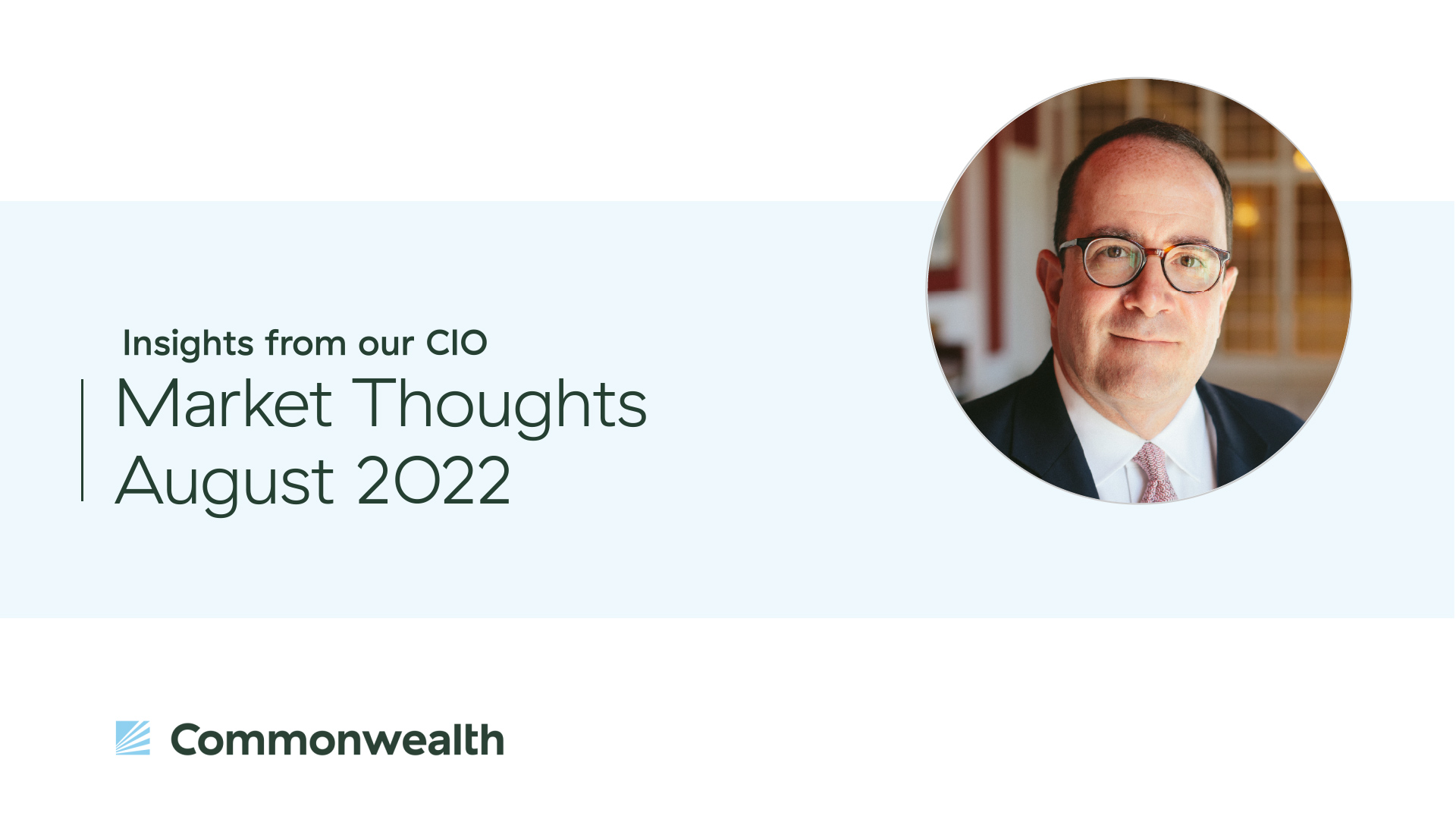Yesterday, I spent a lot of time talking about how the jobs report was likely to meet expectations, but the underlying assumption was that the risks were to the downside. I talked about how, if job growth fell short, it was likely due to a lack of workers rather than a lack of jobs. I did mention the report could surprise to the upside, but didn’t give it a lot of attention. So when I looked at the actual data this morning, I can summarize my reaction with one word: Wow!














